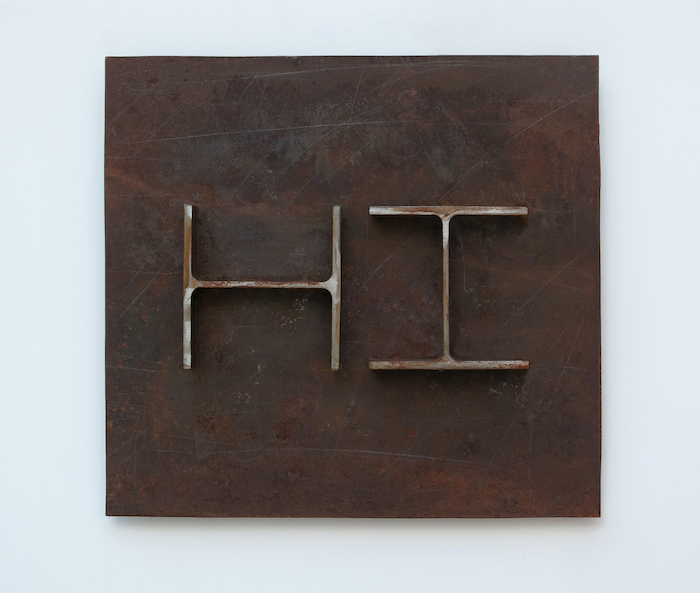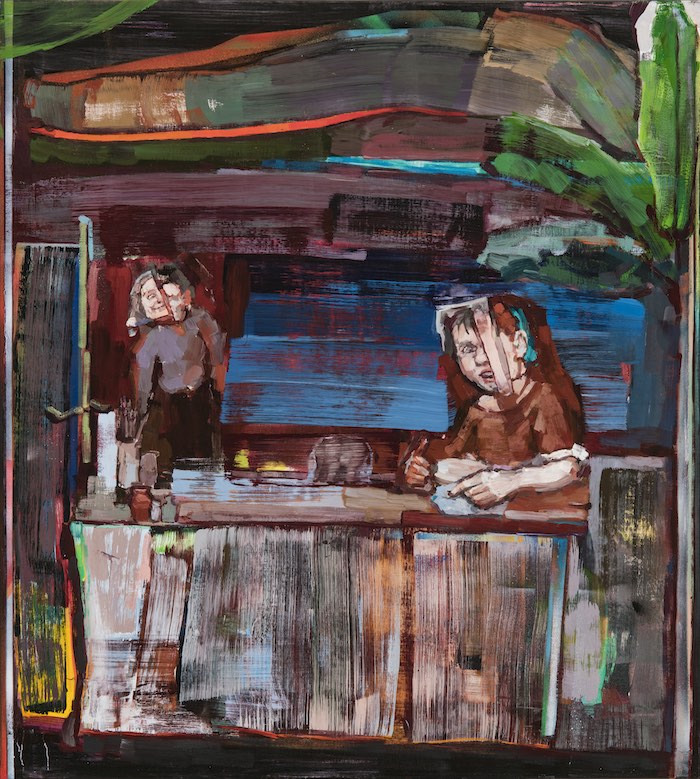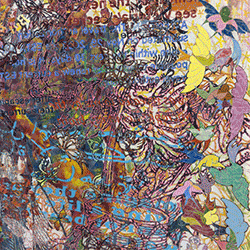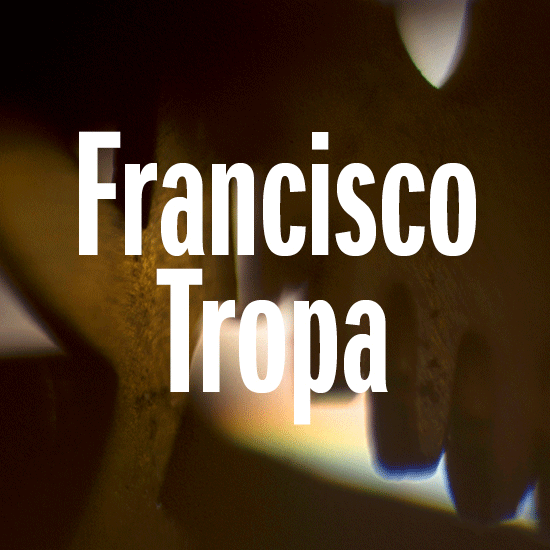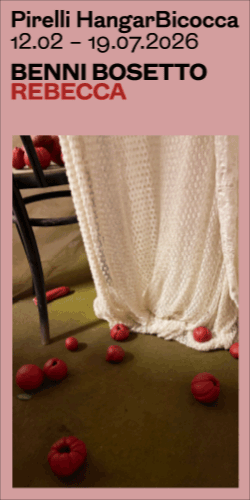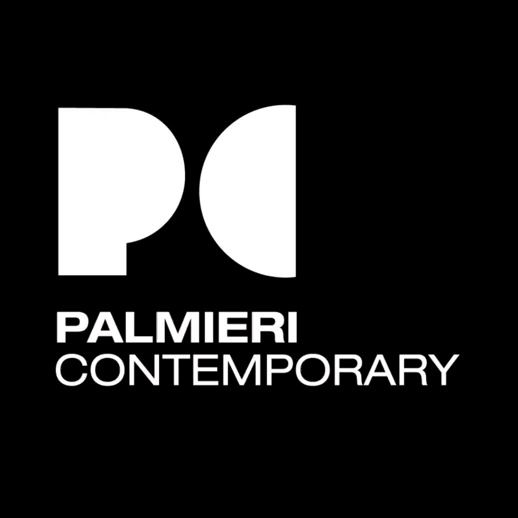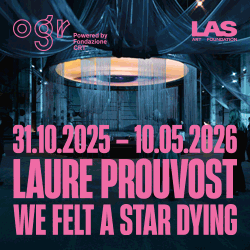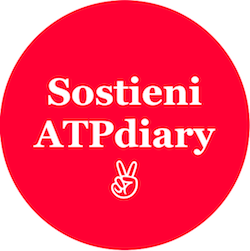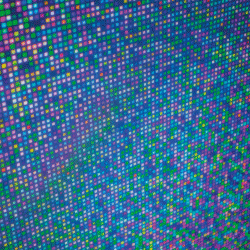
Focus on – Lithuania, curated by Julija Reklaitė (cultural attaché of Lithuania in Italy) is a focus on a selection of the most interesting research galleries of a foreign country, this year Lithuania, of Artverona Fair (12 – 15 October). They will be on show at ArtVerona Fair 2018: (Av17) Gallery, Contour Art Gallery, Meno Nisa Gallery, Meno Parkas Gallery, The Rooster Gallery.
ATP asks a few questions to the curator of “Focus on -Lithuania” —
Valeria Marchi: Julija, during ArtVerona, you’ll invite 5 Lithuanian art galleries to show their artists and works. How did you select these art spaces between the most interesting in your country?
Julija Reklaitė: Focus on Lithuania is a very pleasant and great occasion for us, as Lithuania celebrates 100 years of restored independence (Rinascita della Lituania in italian) and in Italy this celebration is mainly marked by cultural events to express our “back to Europe” if I can say so.
We are a young country, independent since 1990, so our galleries are comparatively young. I take this youth as an advantage, as it is a vital and active search for the identity with the right to experiment with forms and materials, with a right to fail or be critical, with a right to be utopian. Five Lithuanian galleries represented in ArtVerona are all young, interesting and working with various generations of artists and different expressions. They are shaping our young local market as well as working actively abroad, taking part in the international art fairs. It is the first time they work abroad in this rather “utopian” united way, so I personally like very much that ArtVerona suggested Lithuanian galleries to be located in a so called “island” which has also a simbolic meaning.
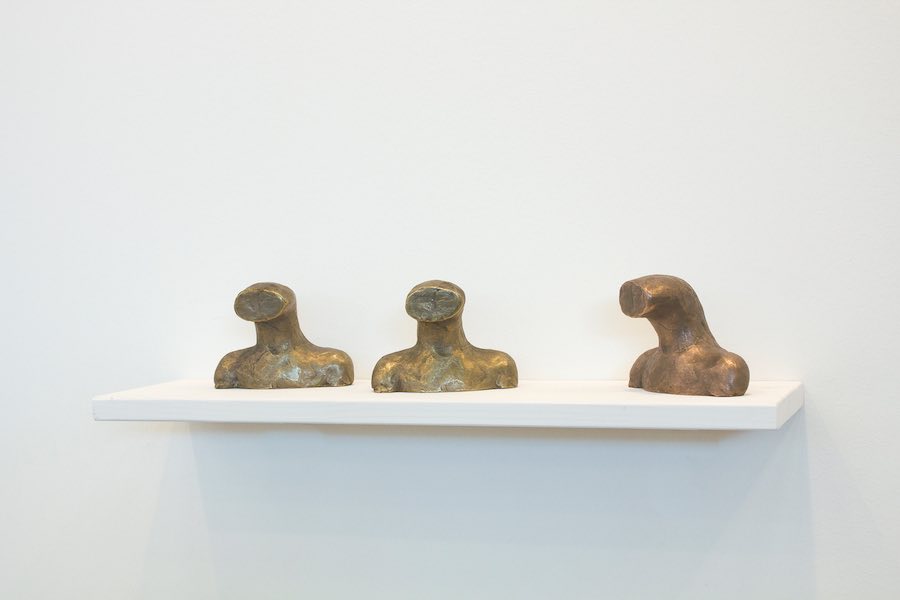
VM: Could you suppose which direction the emerging artistic scene in Lithuania intends to turn next?
JR: It is most interesting for me the way it is most unpredictable and I am not the one who could talk about trends. But from the Italian point of view I can see Lithuanian contemportary art scene as extremely high quality and vitality and this is very interesting and promising. I see a huge revival of all forms of performance, as young generation performers even coming from different disciplines and looking for their expression forms. Also, I see very interesting media artists, some of them coming from visual arts especially the sculpture, which is very interesting whether the form is not a limit anymore.
What I like the most is that there is a tendency to work with global topics and issues, but at the same time, not forgetting personal identities. That identity is marked by cultural and political atmosphere and local experiences, I suppose. This is most striking. I also see a huge potential and professionalism in the painters work where artists are really focused on a research and their painting is becoming another form of expression. So there are many things to discover.
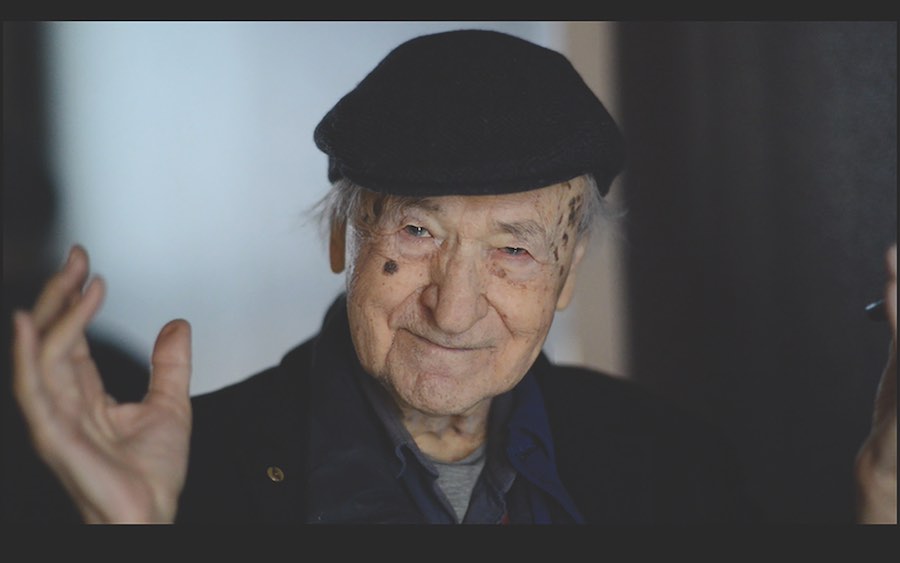
VM: About Utopia – focus of this edition of the Art Fair – you think is more a project, a dream or a risk? And which is the relationship (if there is) between the Lithuanian contemporary art language and the actual political scenario in your country?
JR: I see many similarities in our countries when we talk about Utopia: we all seek it in our ways – dream and criticism at the same time – and it’s all in one: a seek, a dream, a potentiality and a huge risk. The only difference is that you (Italian people) have already passed many stages in a long history, and we (Lithuanian people) are only at the beginning.
The same in the artists work: there is all the generation emerging, whose identity is based still on the huge transformation of our independence movement, which was inspired by the artists and intelectuals. They are not talking about it directly in their works, but you can sense it as in last 30 years we have passed through a huge transformation from a closed and strict regime – where there were many things impossible and, at the same time, a lot of room for utopian dreams – to the stage of responsability to construct your own utopias, the incredible and vital search for limits which was a period of incredible creativity. Then all the migration possibilities and discoveries with all the advantages and disadvantages of globalisation to nowadays impression of something that was not constructed properly, and you have to deal with distopian ideas as well.
Artists are responsible citizens, they only take their role in a different way. We are constructing ourselves and the country I suppose on both – political and artistic levels simultaneously and, I have to say, that it is the most exciting thing to do.
Focus on – Lithuania
Curated by Julija Reklaitė, cultural attaché of Lithuania in Italy
With a view to internationalizing the Fair in the direction of North-Eastern Europe, the focus is on a selection of the most interesting research galleries of a foreign country, this year Lithuania.
They will be on show at ArtVerona Fair 2018: (Av17) Gallery, Contour Art Gallery, Meno Nisa Gallery, Meno Parkas Gallery, The Rooster Gallery.
